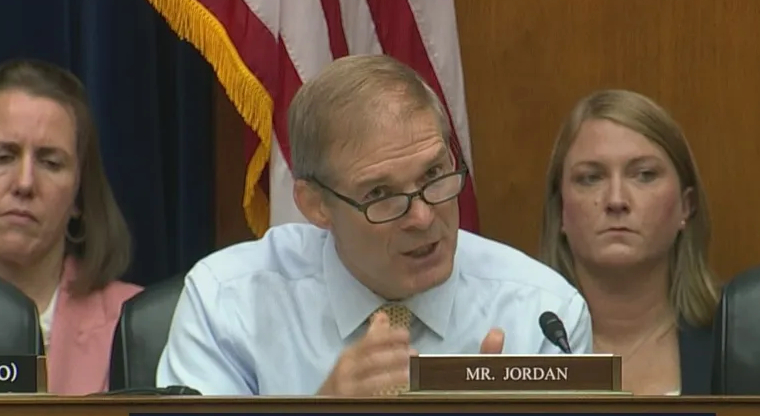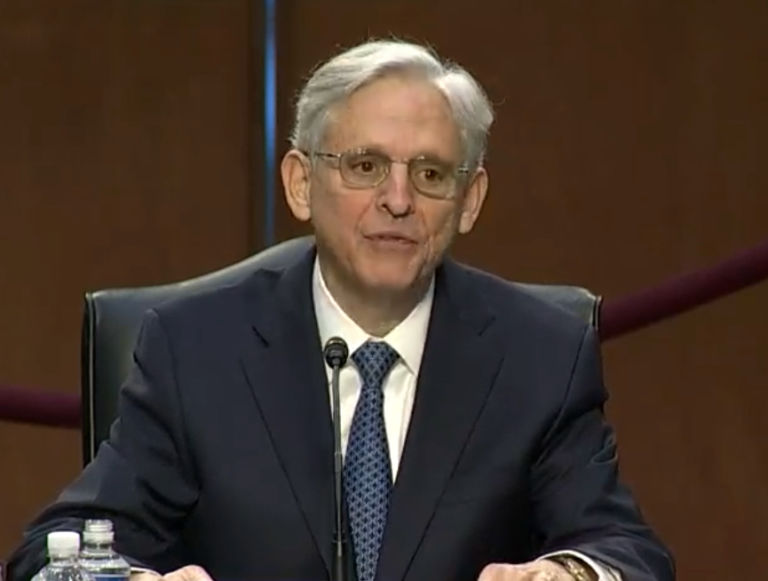Editors at the Washington Free Beacon raise concerns about recent action from the Biden administration’s Justice Department.
On the cusp of nonstop, around-the-clock (primetime!) coverage of the Jan. 6 committee hearings, a couple of domestic terrorists are actually getting their day in court, and it is informative to see how Merrick Garland’s Justice Department is handling their prosecution.
Recall Garland’s breathless declaration, during his confirmation hearings, that “150 years after the Department’s founding, battling extremist attacks on our democratic institutions also remains central to its mission.”
Colinford Mattis and Urooj Rahman were arrested in the “mostly peaceful” protests following George Floyd’s murder. The two lawyers handed out Molotov cocktails to the crowd, and Rahman tossed one into a police car before fleeing the scene in Mattis’s van. They reached a plea deal with federal prosecutors in October 2020 that wiped out six of the seven charges against them. Those prosecutors, nonetheless, sought a maximum 10-year sentence and argued that the incident qualified for a so-called terrorism enhancement that would turbocharge sentencing—a determination with which the U.S. Probation Office concurred.
Ginning herself up to distribute explosives to the crowd, Rahman gave a video interview in which she declared, “This shit won’t ever stop until we fuckin’ take it all down,” adding that “the only way [the police] hear us is through violence.”
Then, Garland and the U.S. attorney for New York’s Eastern District, Breon Peace, who’s handling the prosecution, took office, and you won’t believe what happened next!
In mid-May, the same career DOJ prosecutors who argued for that 10-year sentence were back in court withdrawing their plea deal and entering a new one that allowed the defendants to cop to the lesser charge of conspiracy. It tosses out the terrorism enhancement entirely.
The new charge carries a five-year maximum sentence, but the prosecutors are urging the judge to go below that, asking for just 18 to 24 months on account of the “history and personal characteristics of the defendants” and the “aberrational nature of the defendants’ conduct.”


